The world of medicine has been greatly enriched by the vast array of plant species available to us. These botanical wonders have been used for centuries to alleviate ailments, provide relief, and promote overall well-being. In this article, we will explore some of the most useful plants for medicine, their medicinal properties, and their potential application in modern healthcare. 1. Aloe Vera: Aloe Vera, also known as the “plant of immortality,” is renowned for its healing and soothing properties. It contains a gel-like substance that can be used topically to treat burns, wounds, and skin irritations. Additionally, Aloe Vera is known for its anti-inflammatory and antioxidant effects, making it a popular ingredient in skincare products.
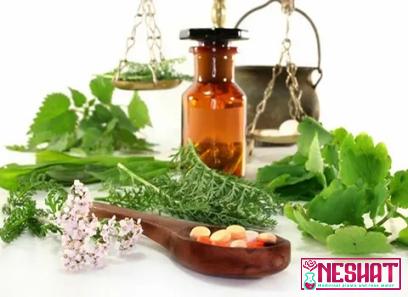
.
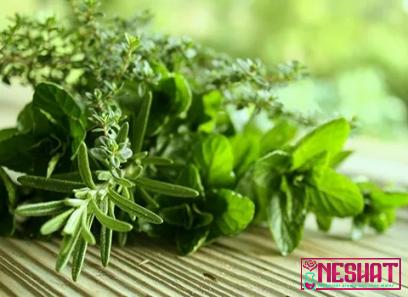 2. Peppermint: Peppermint is a cooling and refreshing herb that has been used for centuries to treat digestive ailments. Its active compound, menthol, is known for its analgesic and antispasmodic properties. Peppermint tea can provide relief from stomachaches, nausea, and indigestion. It is also used as a natural remedy for headaches and sinus congestion. 3. Chamomile: Chamomile is a gentle herb often used for its relaxing and calming effects. It has been used as a natural remedy for insomnia, anxiety, and stress. Chamomile tea can also soothe digestive issues and provide relief from menstrual cramps. This herb contains anti-inflammatory and antioxidant properties, making it beneficial for the skin when used topically.
2. Peppermint: Peppermint is a cooling and refreshing herb that has been used for centuries to treat digestive ailments. Its active compound, menthol, is known for its analgesic and antispasmodic properties. Peppermint tea can provide relief from stomachaches, nausea, and indigestion. It is also used as a natural remedy for headaches and sinus congestion. 3. Chamomile: Chamomile is a gentle herb often used for its relaxing and calming effects. It has been used as a natural remedy for insomnia, anxiety, and stress. Chamomile tea can also soothe digestive issues and provide relief from menstrual cramps. This herb contains anti-inflammatory and antioxidant properties, making it beneficial for the skin when used topically.
..
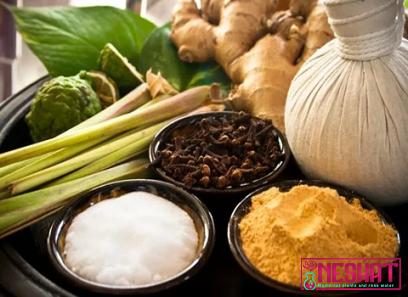 4. Echinacea: Echinacea, commonly known as the purple coneflower, is well-known for its immune-boosting properties. It has been used for centuries to prevent and treat common colds, flu, and respiratory infections. Echinacea stimulates the immune system, increases the production of white blood cells, and possesses antiviral and antibacterial properties. It is available in various forms, including capsules, tinctures, and teas. 5. Turmeric: Turmeric is a vibrant yellow spice with powerful anti-inflammatory and antioxidant properties. Its active compound, curcumin, is known for its potential benefits in reducing inflammation, improving brain health, and preventing chronic diseases such as heart disease and cancer. Turmeric can be incorporated into dishes or consumed as a supplement.
4. Echinacea: Echinacea, commonly known as the purple coneflower, is well-known for its immune-boosting properties. It has been used for centuries to prevent and treat common colds, flu, and respiratory infections. Echinacea stimulates the immune system, increases the production of white blood cells, and possesses antiviral and antibacterial properties. It is available in various forms, including capsules, tinctures, and teas. 5. Turmeric: Turmeric is a vibrant yellow spice with powerful anti-inflammatory and antioxidant properties. Its active compound, curcumin, is known for its potential benefits in reducing inflammation, improving brain health, and preventing chronic diseases such as heart disease and cancer. Turmeric can be incorporated into dishes or consumed as a supplement.
…
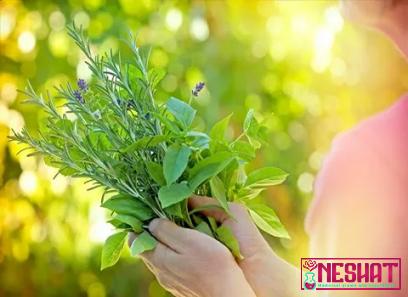 6. Ginseng: Ginseng is a popular medicinal plant used extensively in traditional Chinese medicine. It is known for its adaptogenic properties, helping the body adapt to stress and promote overall well-being. Ginseng is believed to boost energy levels, improve cognitive function, and enhance the immune system. It is available in various forms, including capsules, powders, and teas. 7. Garlic: Garlic has been used throughout history for its medicinal properties. Known for its antimicrobial, antiviral, and antifungal properties, garlic has been traditionally used to boost the immune system, lower blood pressure, and improve cardiovascular health. Its active compound, allicin, is responsible for these beneficial effects. Conclusion: Nature provides us with a treasure trove of plants that possess remarkable medicinal properties. From aloe vera’s soothing abilities to garlic’s antimicrobial effects, these plants offer natural alternatives to conventional medicine. By harnessing the power of these most useful plants for medicine, we can enhance our overall health and well-being, all while connecting with nature’s healing prowess.
6. Ginseng: Ginseng is a popular medicinal plant used extensively in traditional Chinese medicine. It is known for its adaptogenic properties, helping the body adapt to stress and promote overall well-being. Ginseng is believed to boost energy levels, improve cognitive function, and enhance the immune system. It is available in various forms, including capsules, powders, and teas. 7. Garlic: Garlic has been used throughout history for its medicinal properties. Known for its antimicrobial, antiviral, and antifungal properties, garlic has been traditionally used to boost the immune system, lower blood pressure, and improve cardiovascular health. Its active compound, allicin, is responsible for these beneficial effects. Conclusion: Nature provides us with a treasure trove of plants that possess remarkable medicinal properties. From aloe vera’s soothing abilities to garlic’s antimicrobial effects, these plants offer natural alternatives to conventional medicine. By harnessing the power of these most useful plants for medicine, we can enhance our overall health and well-being, all while connecting with nature’s healing prowess.
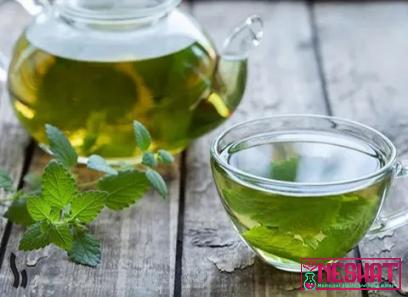
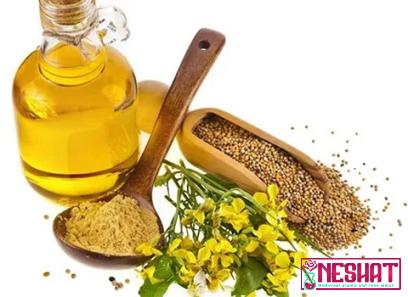
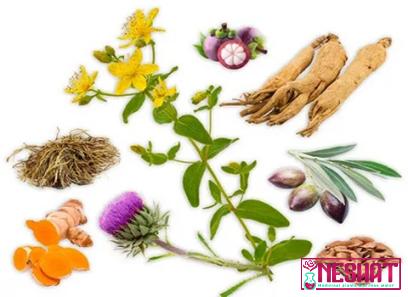
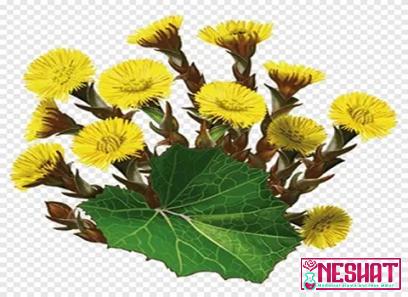
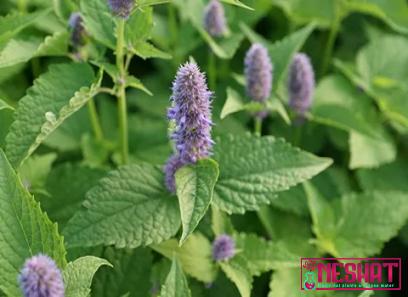
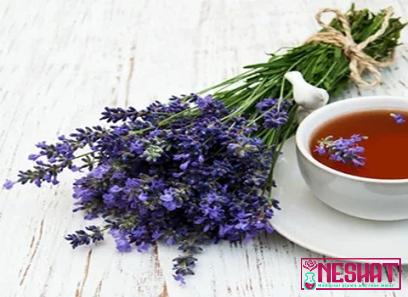
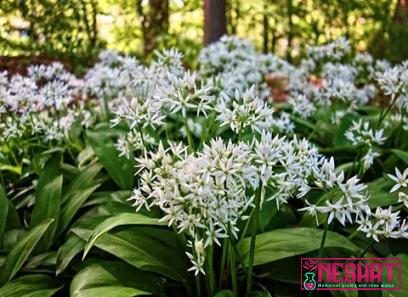
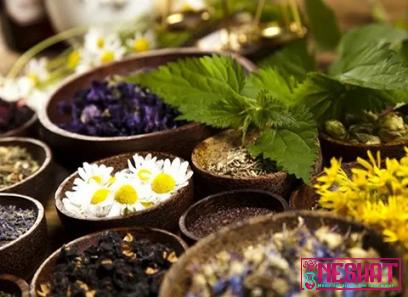
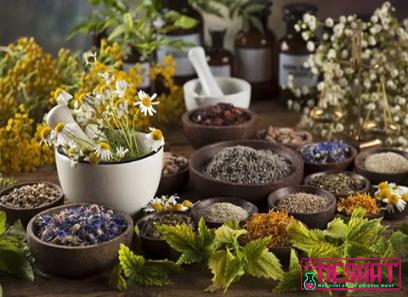
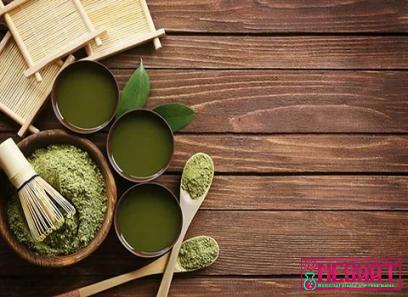
Your comment submitted.